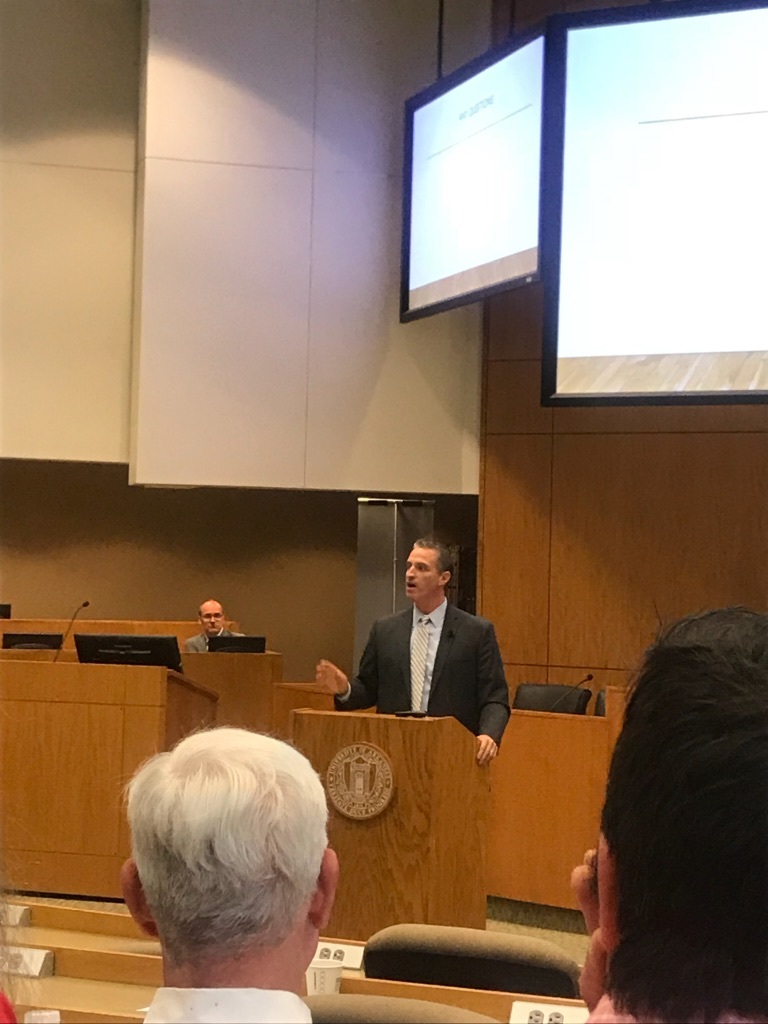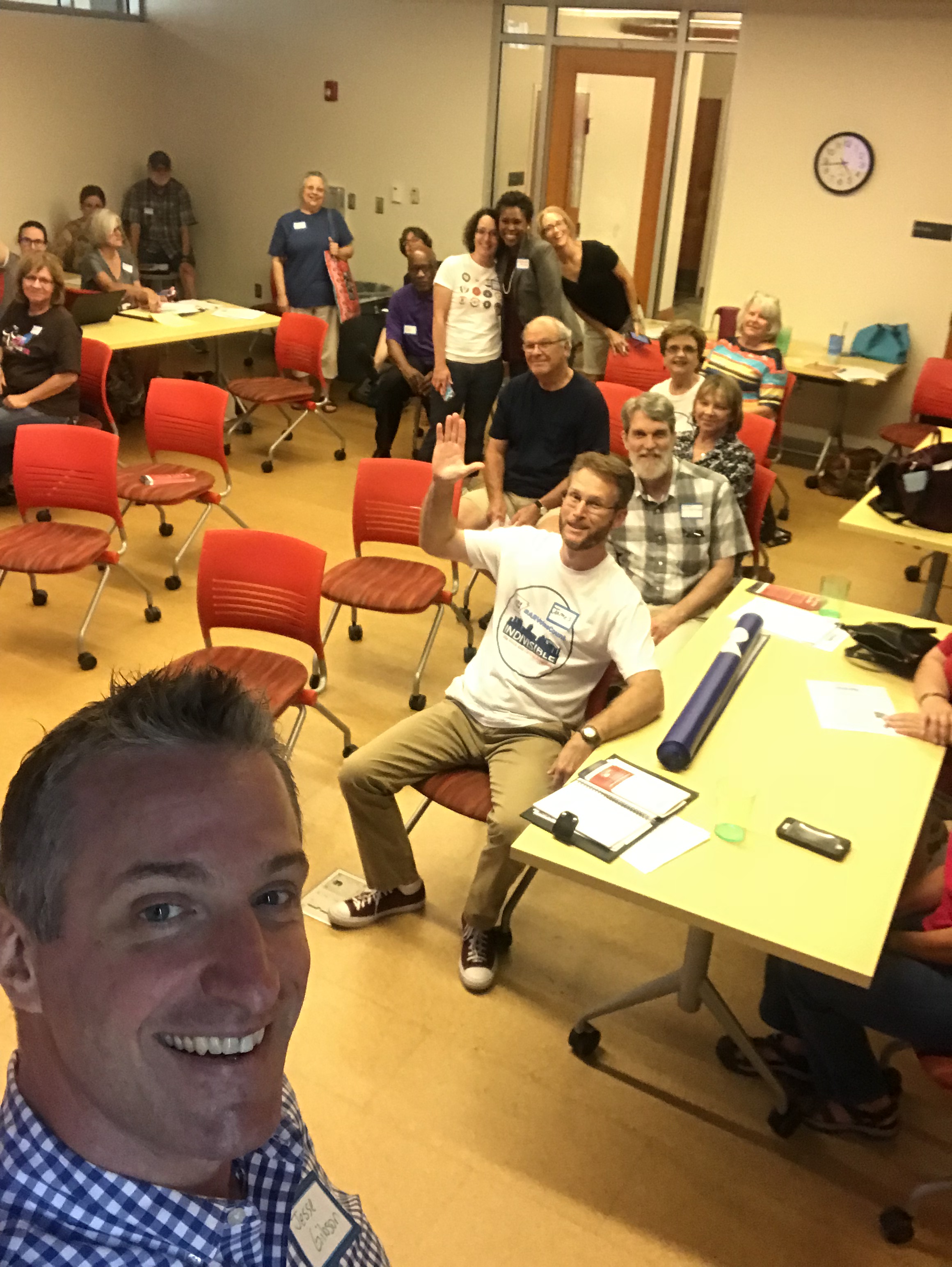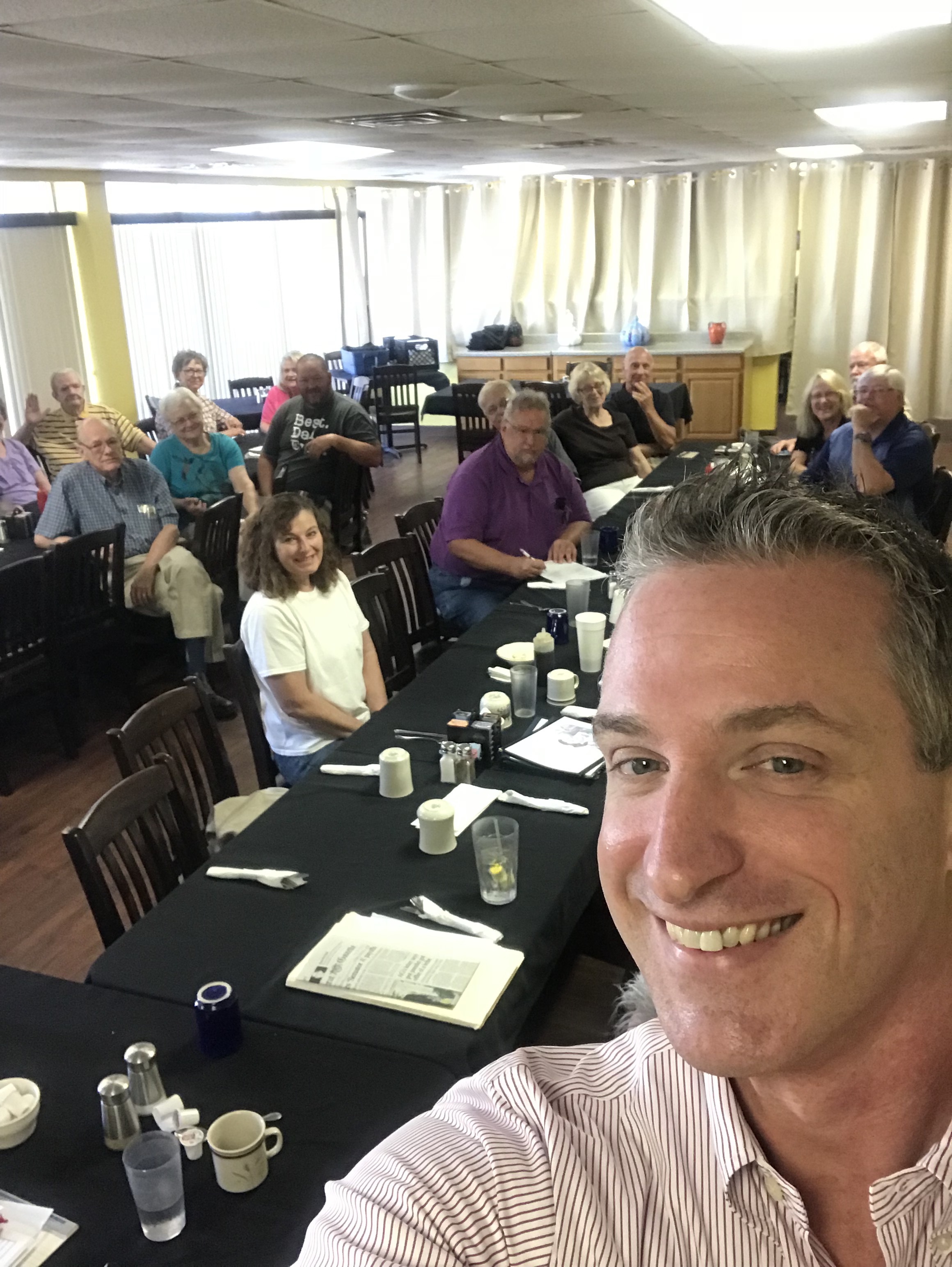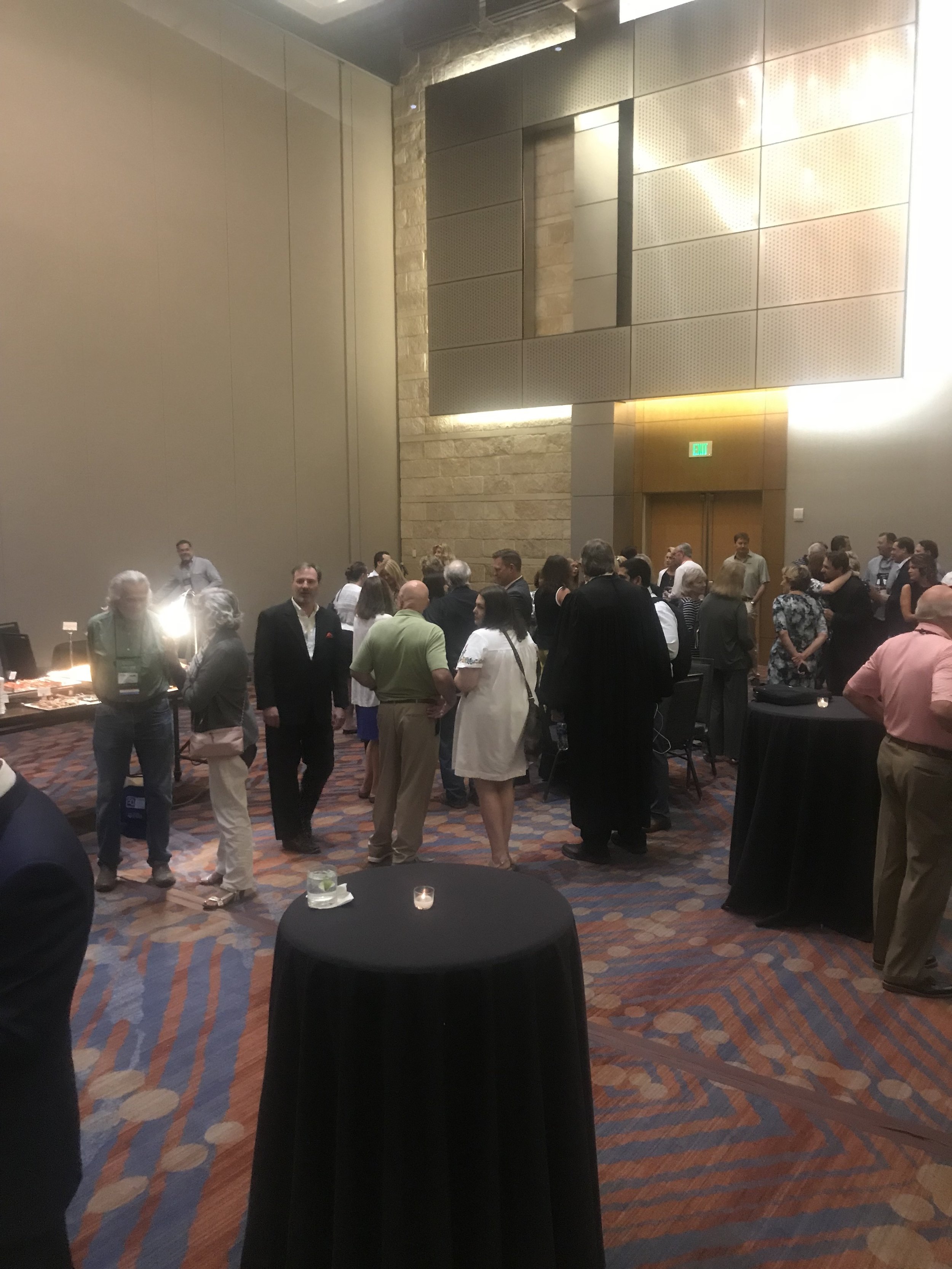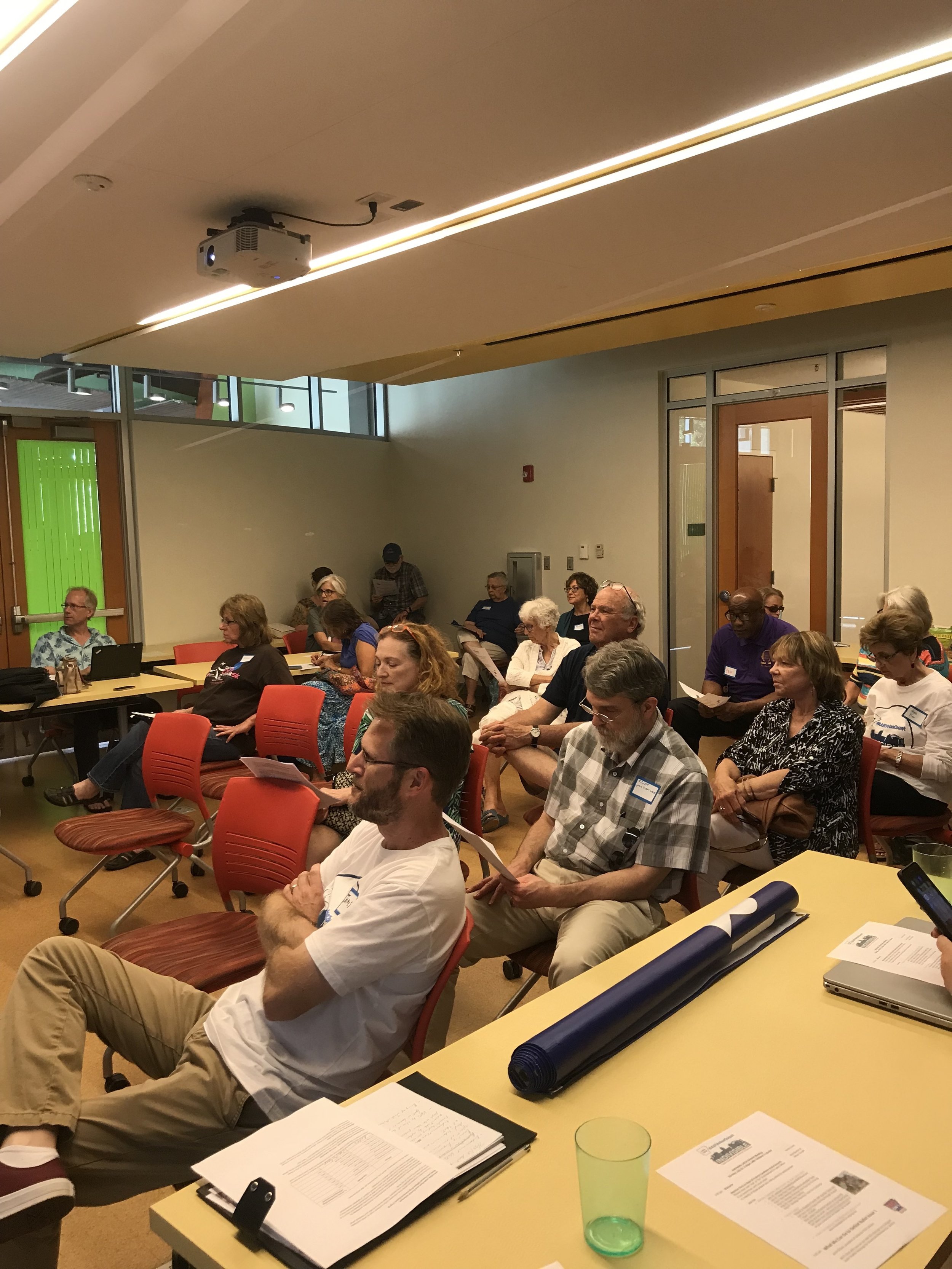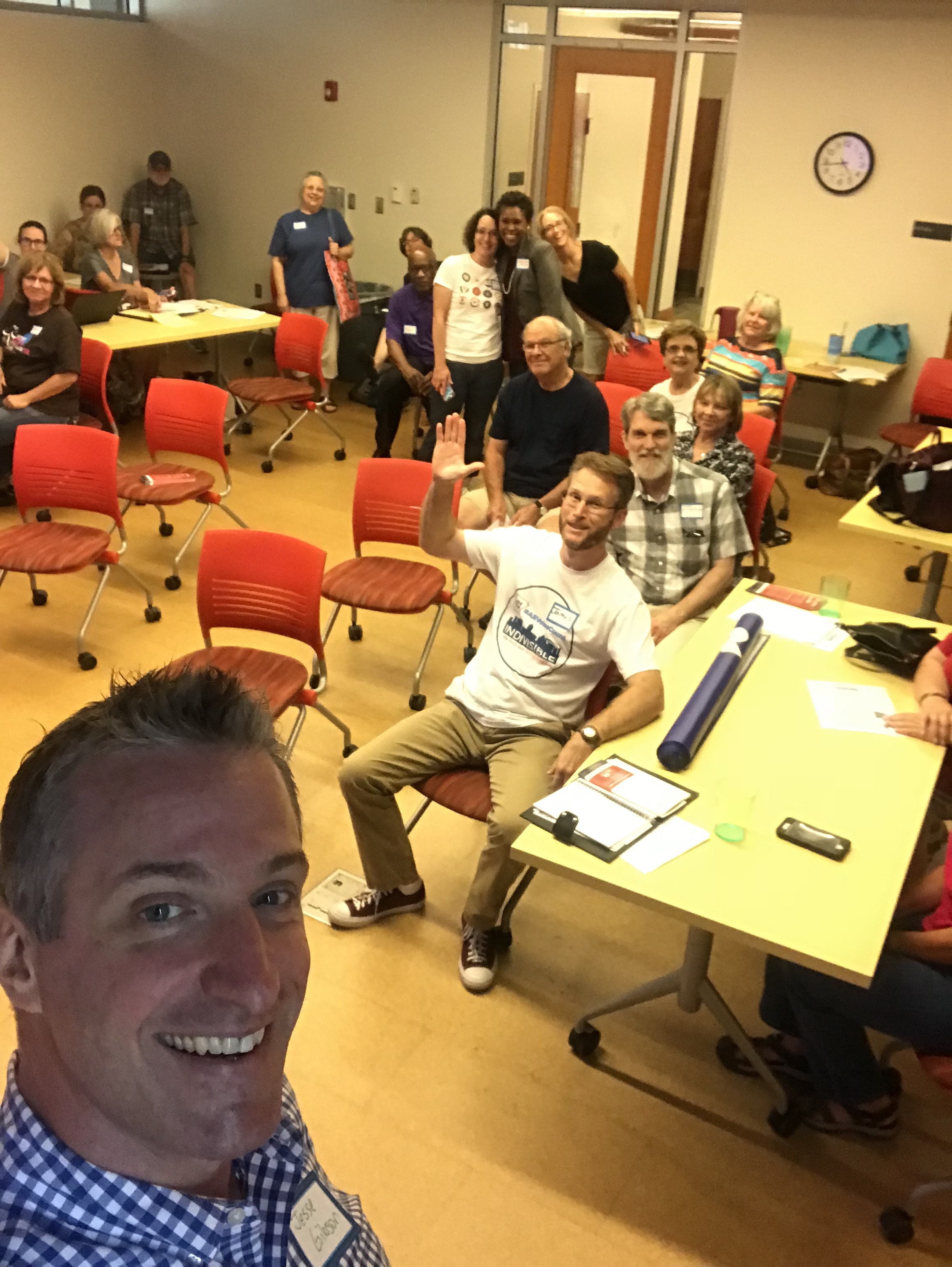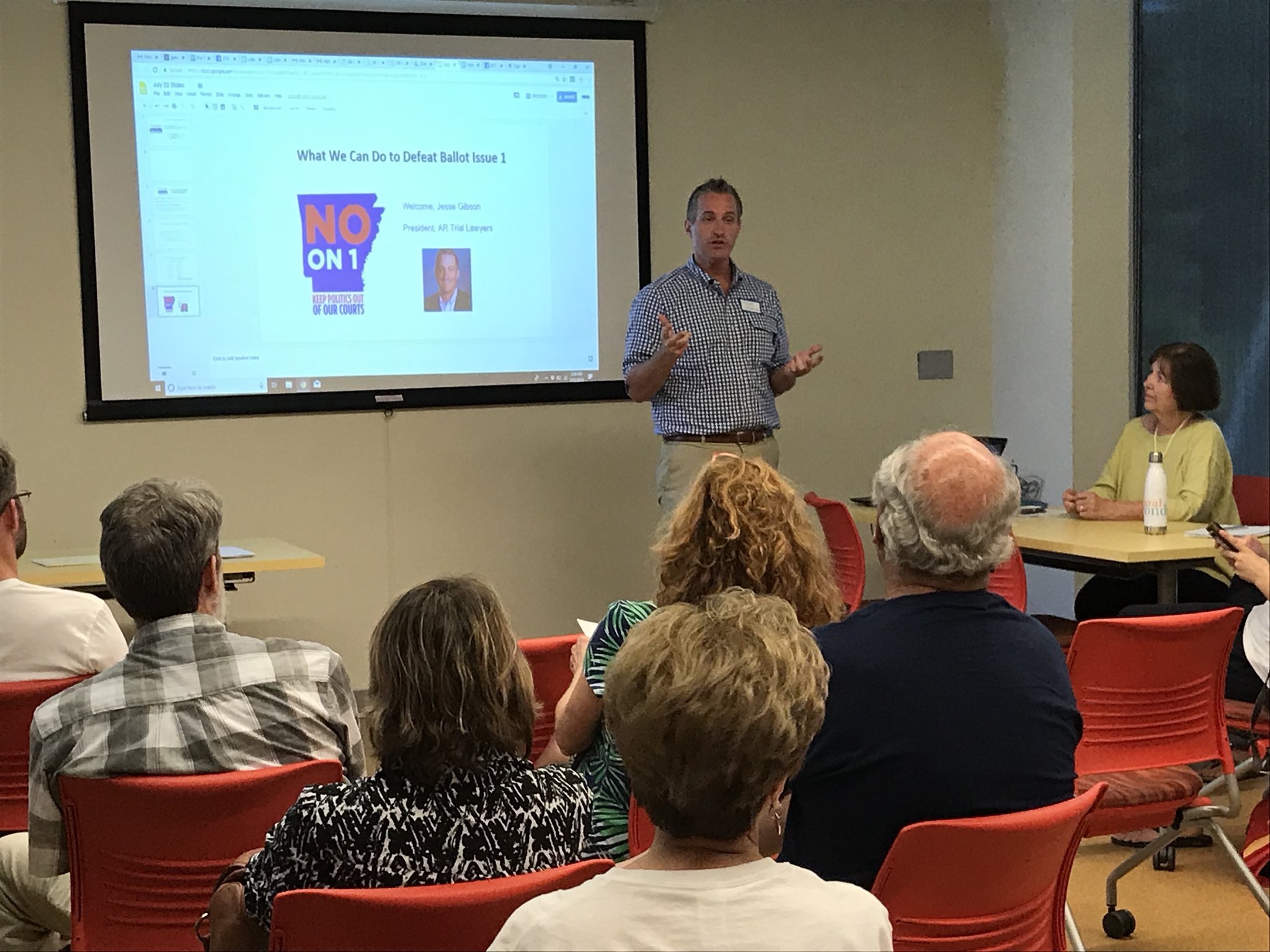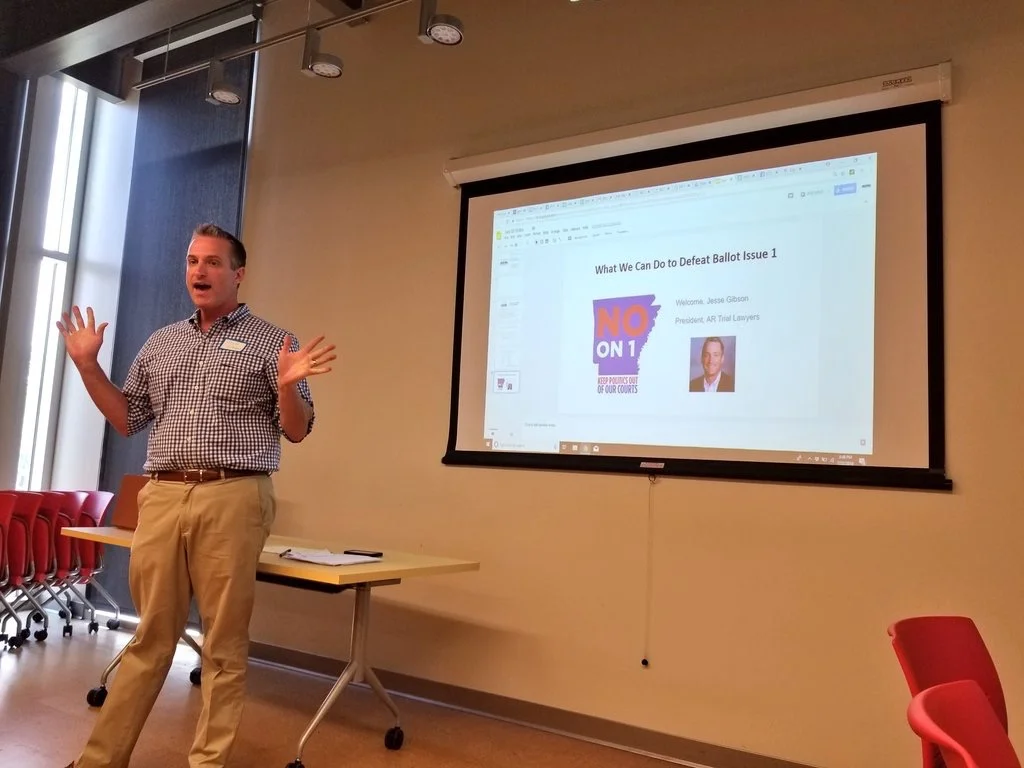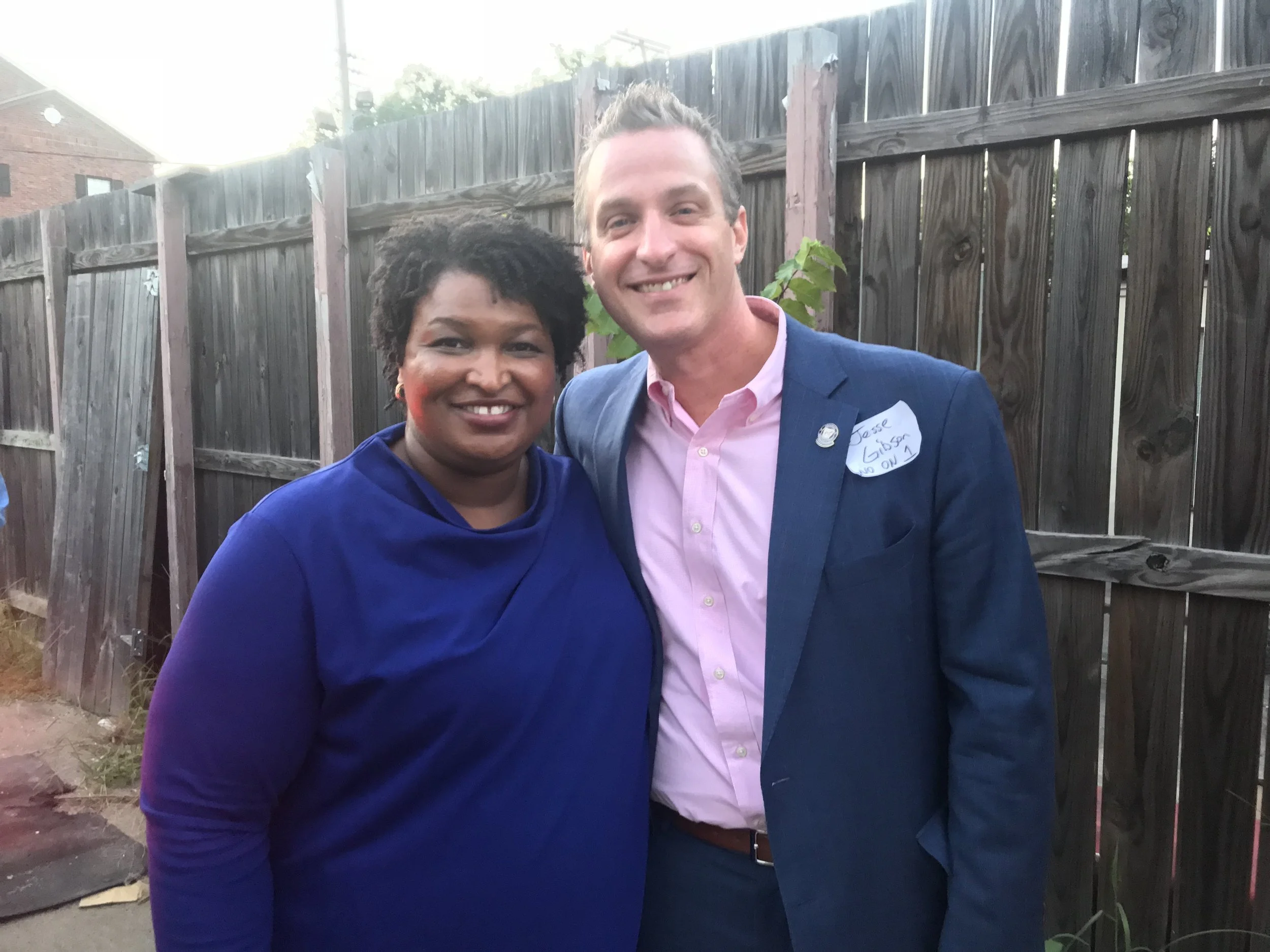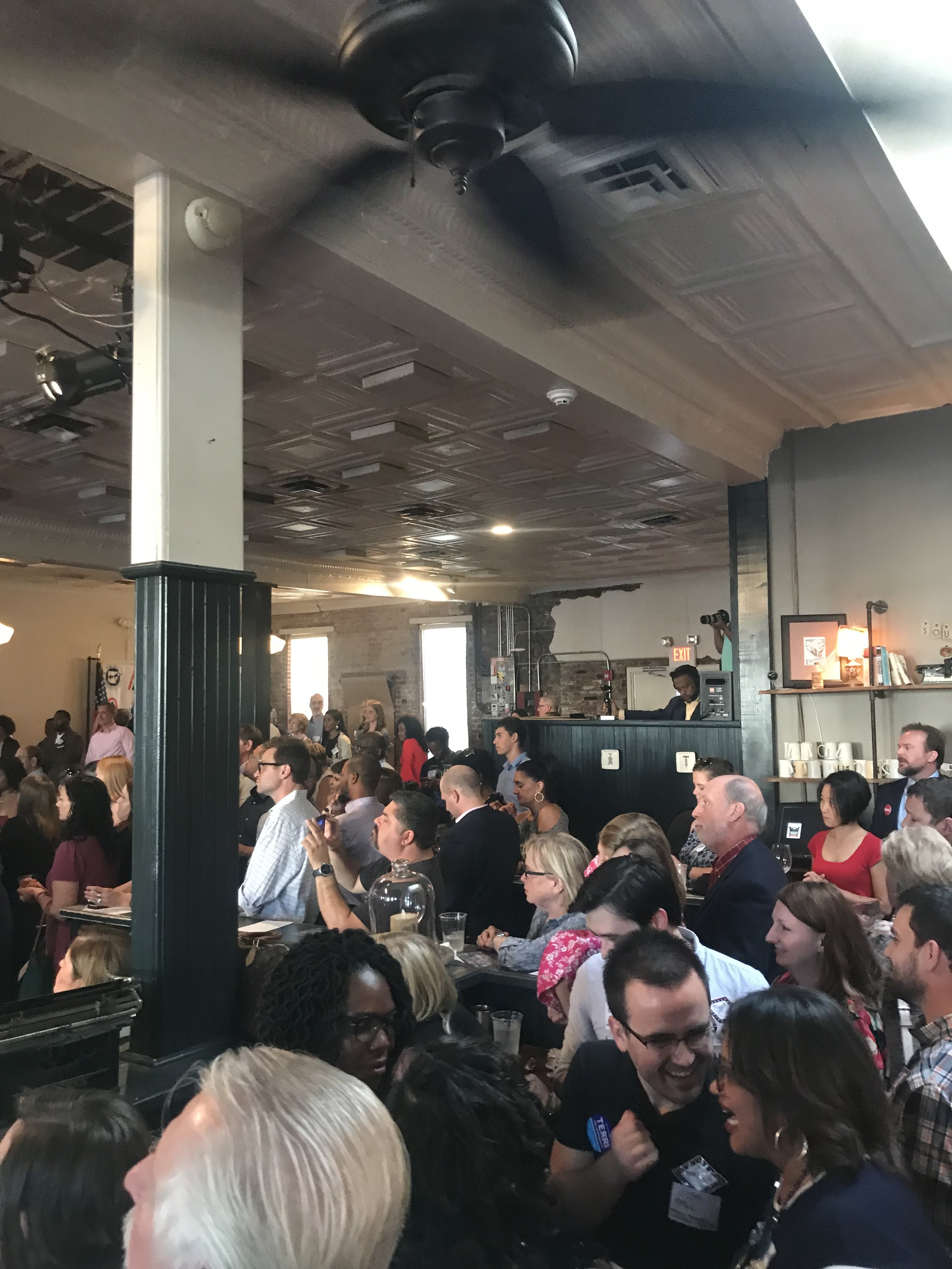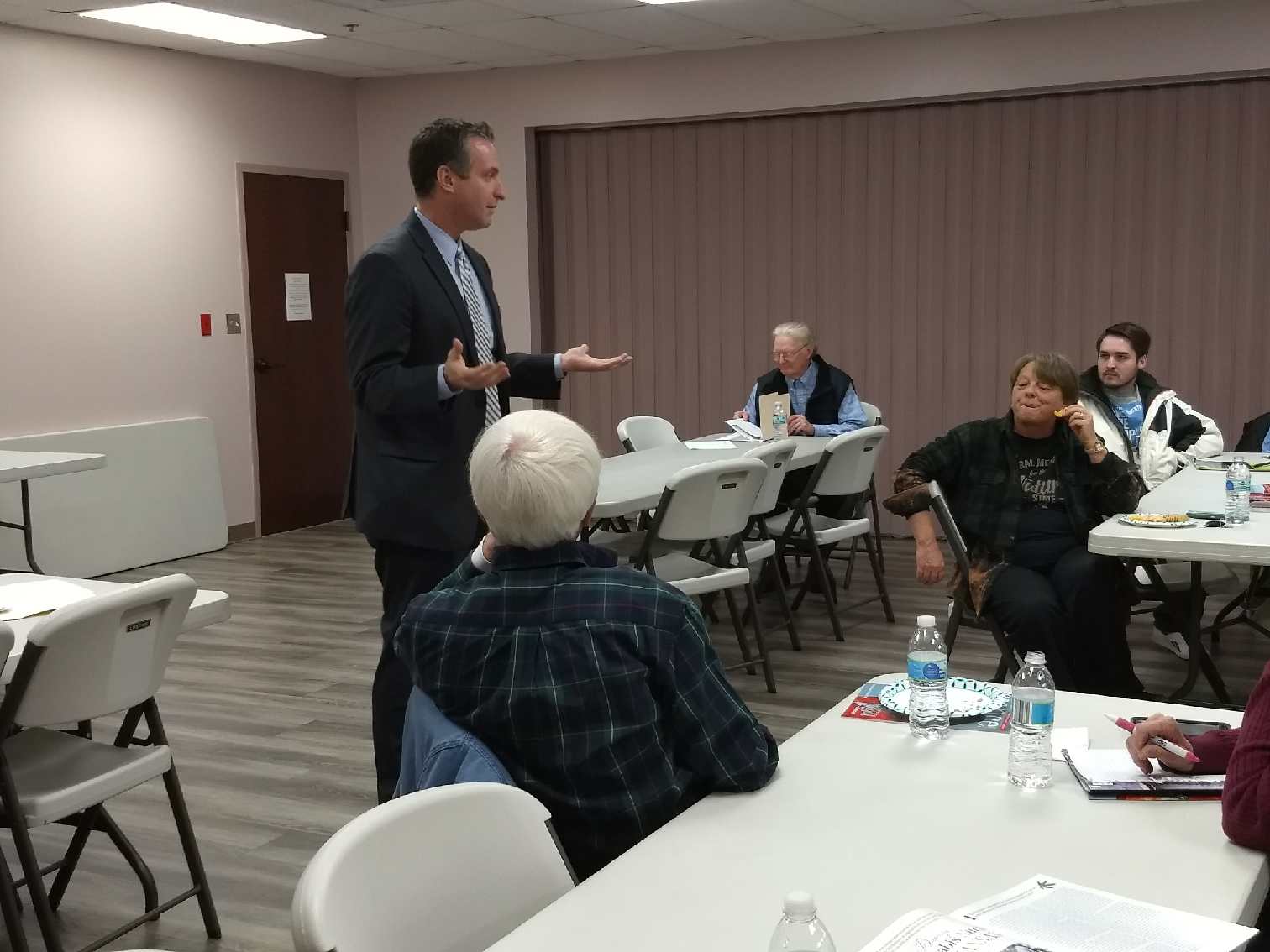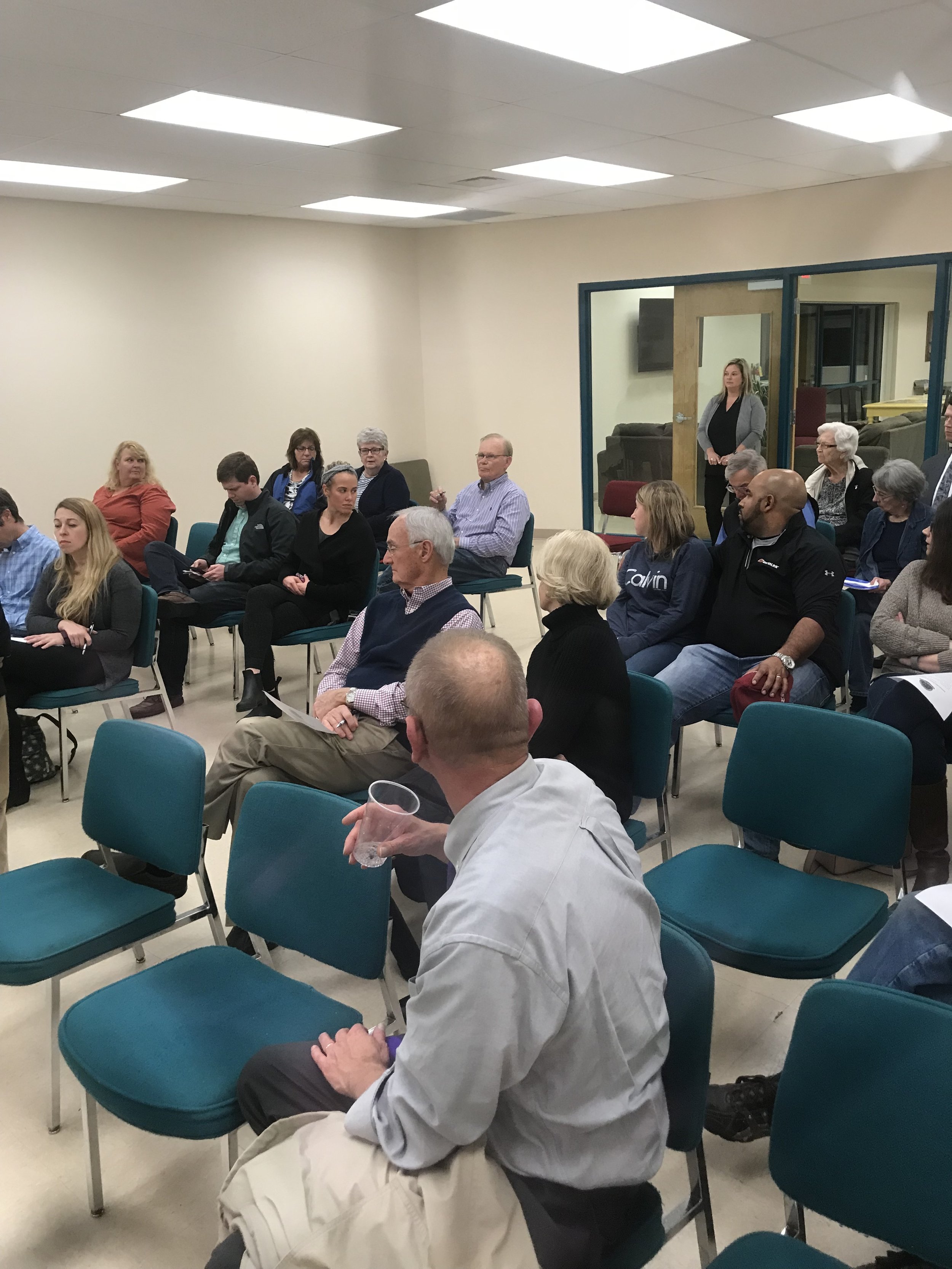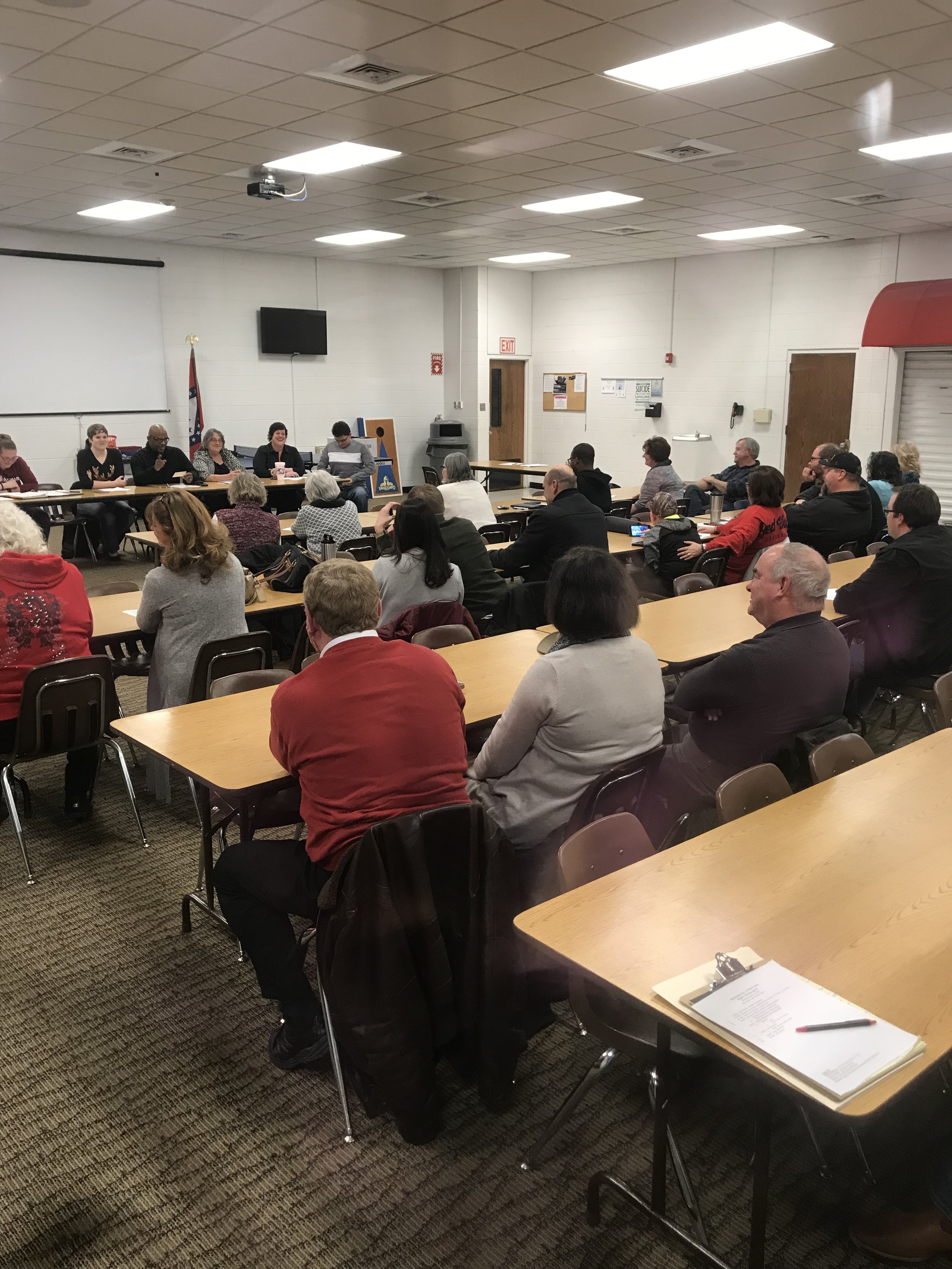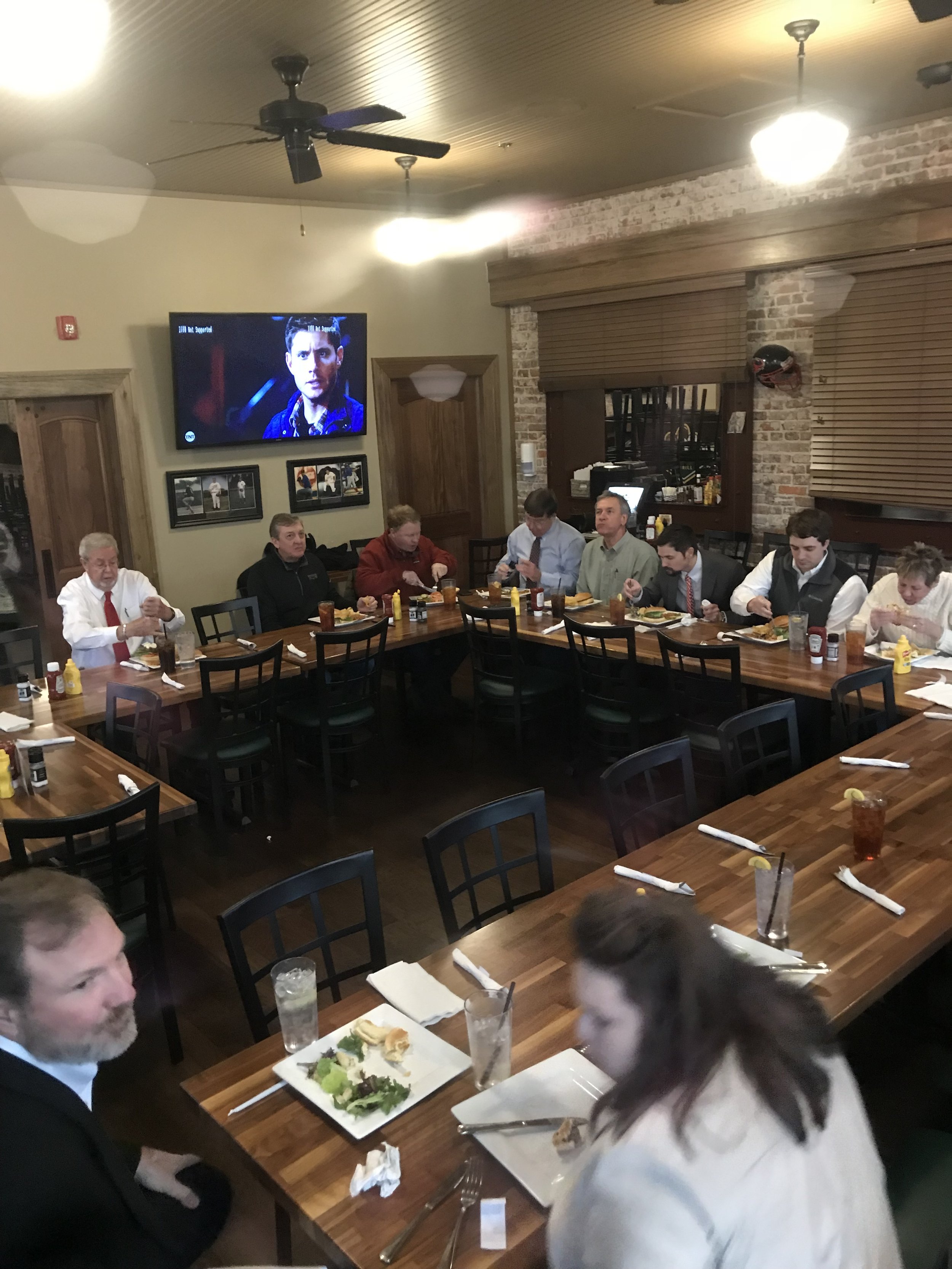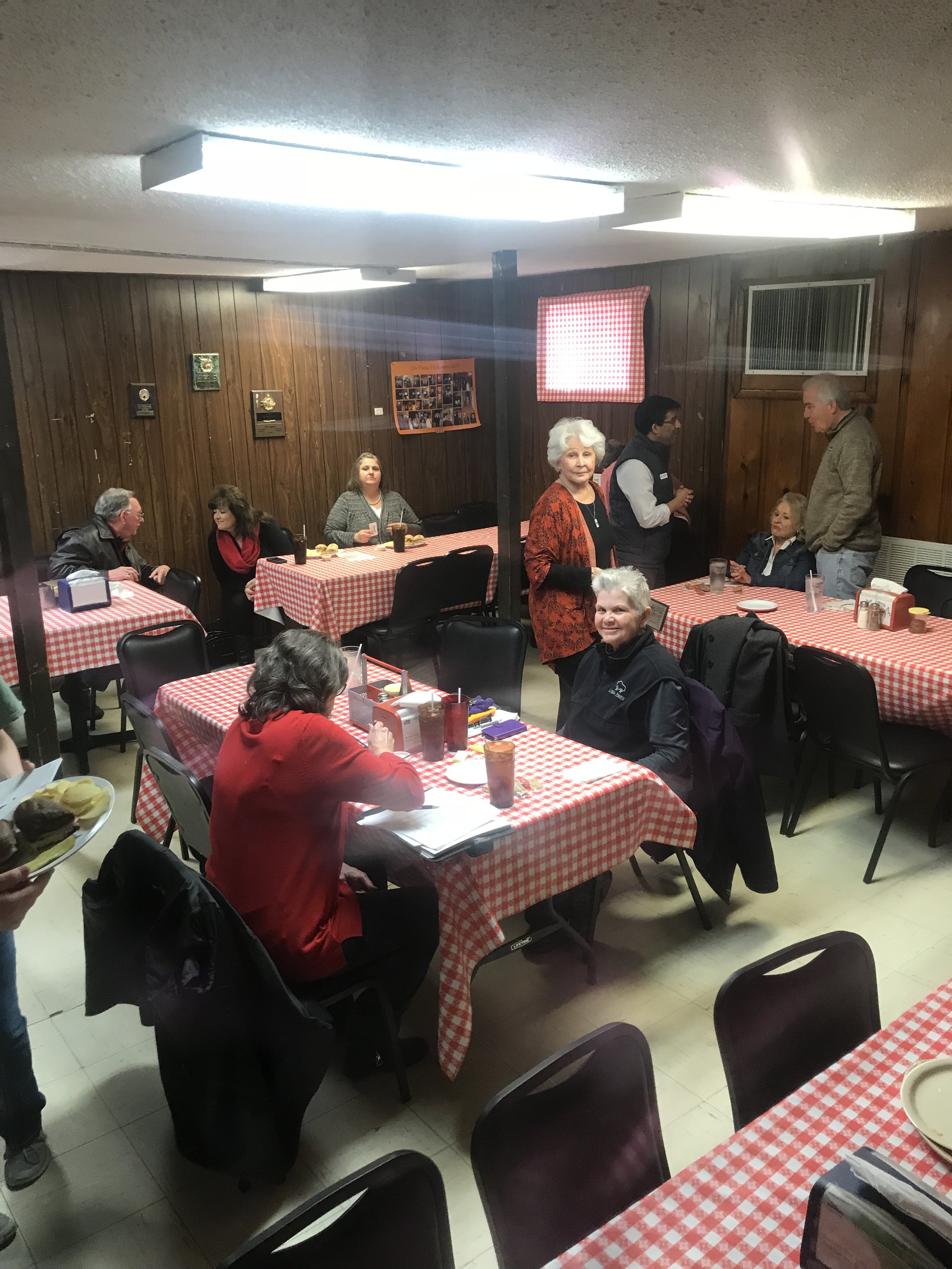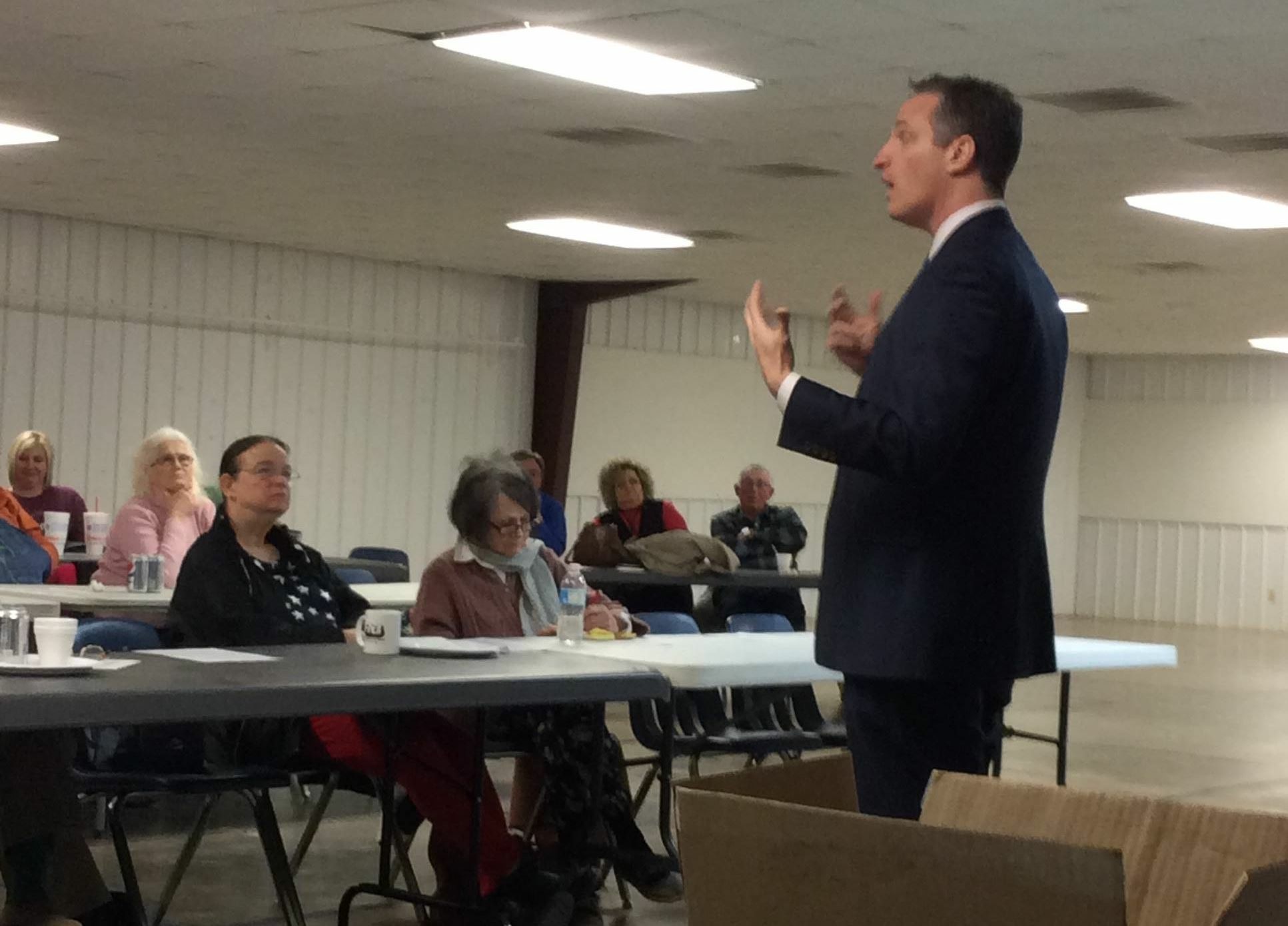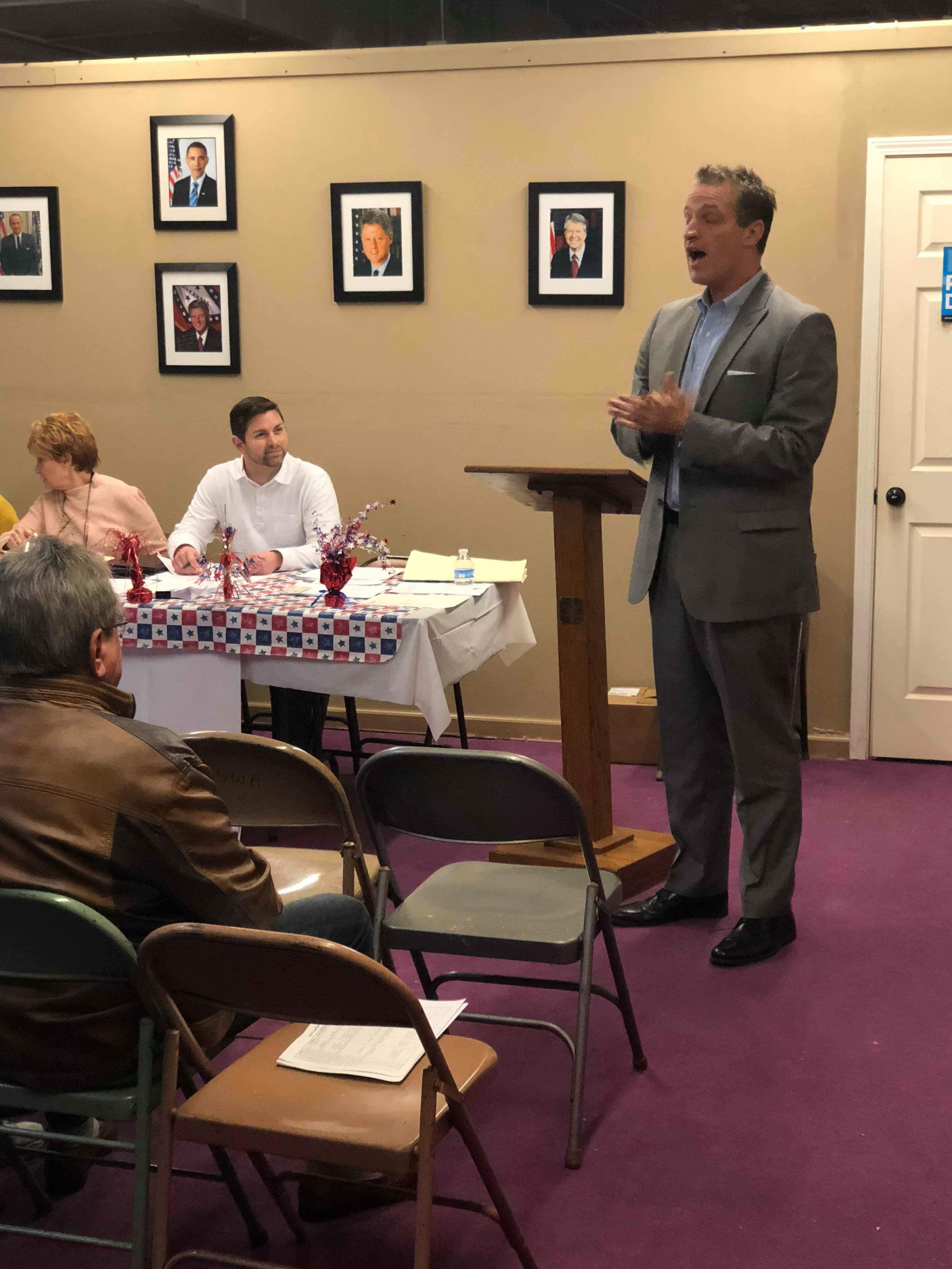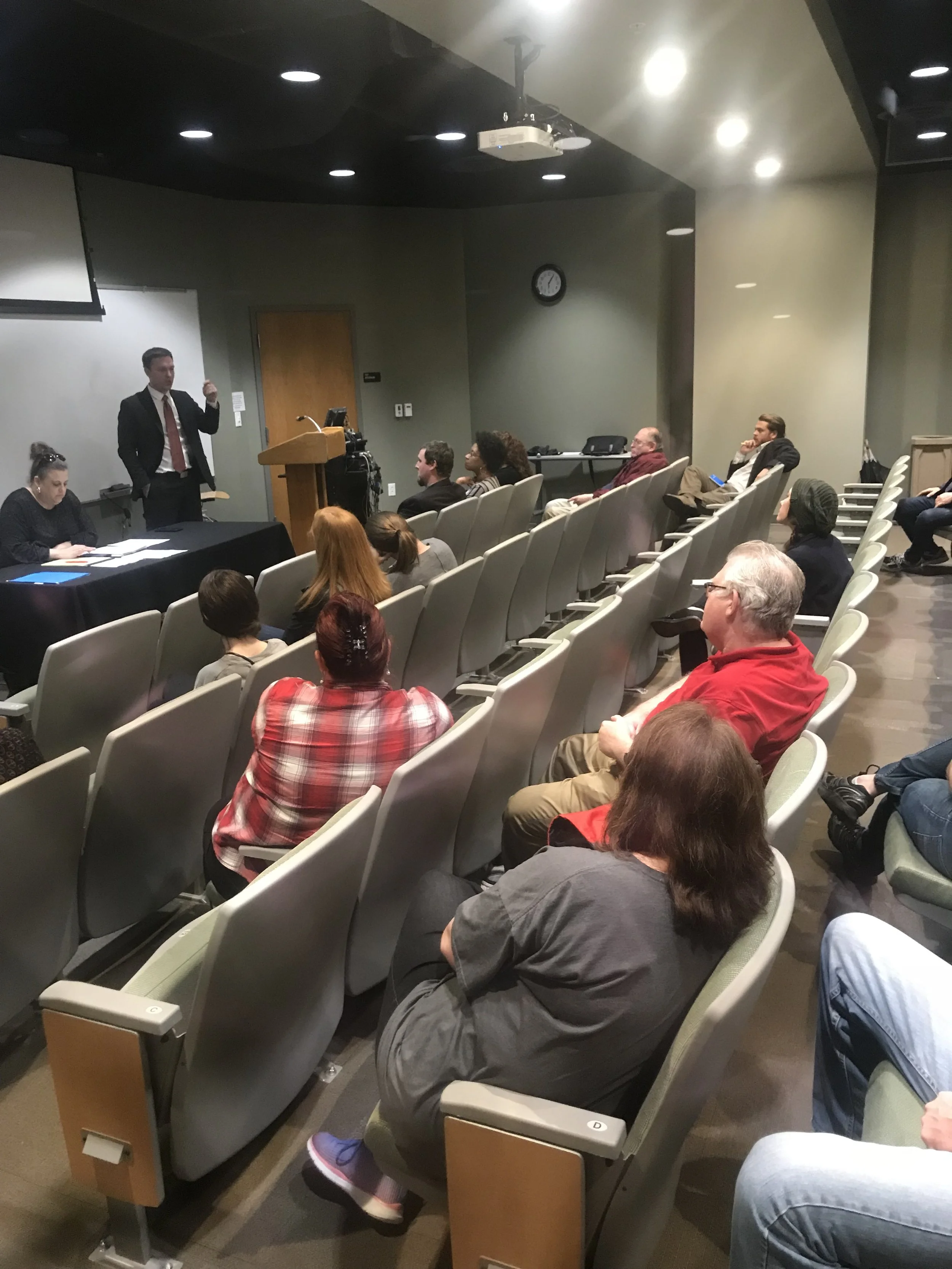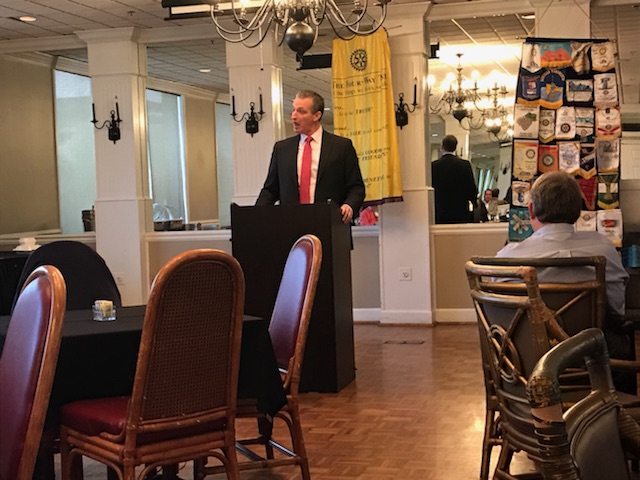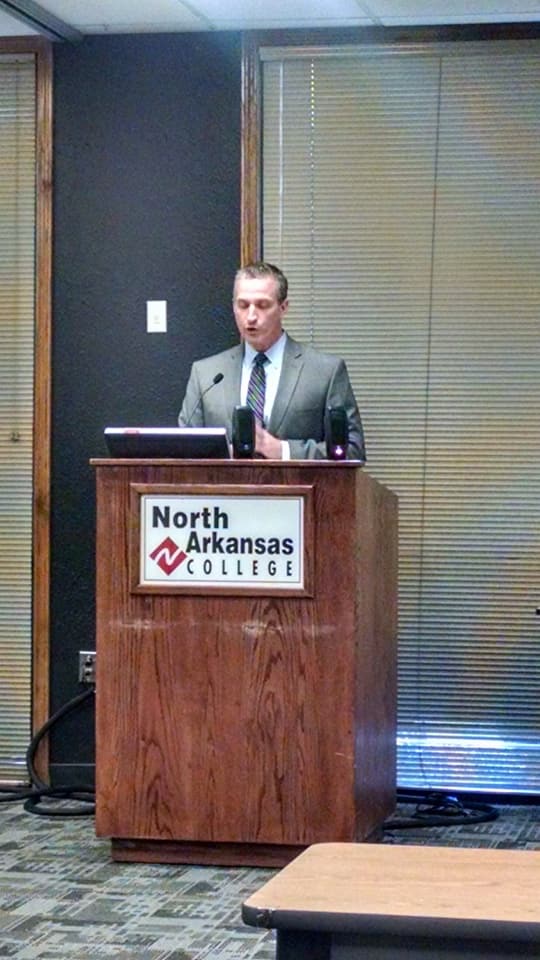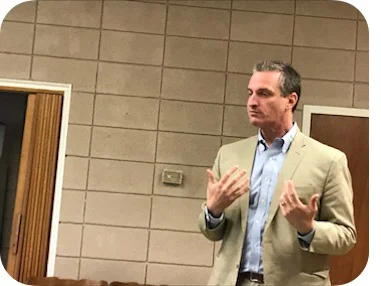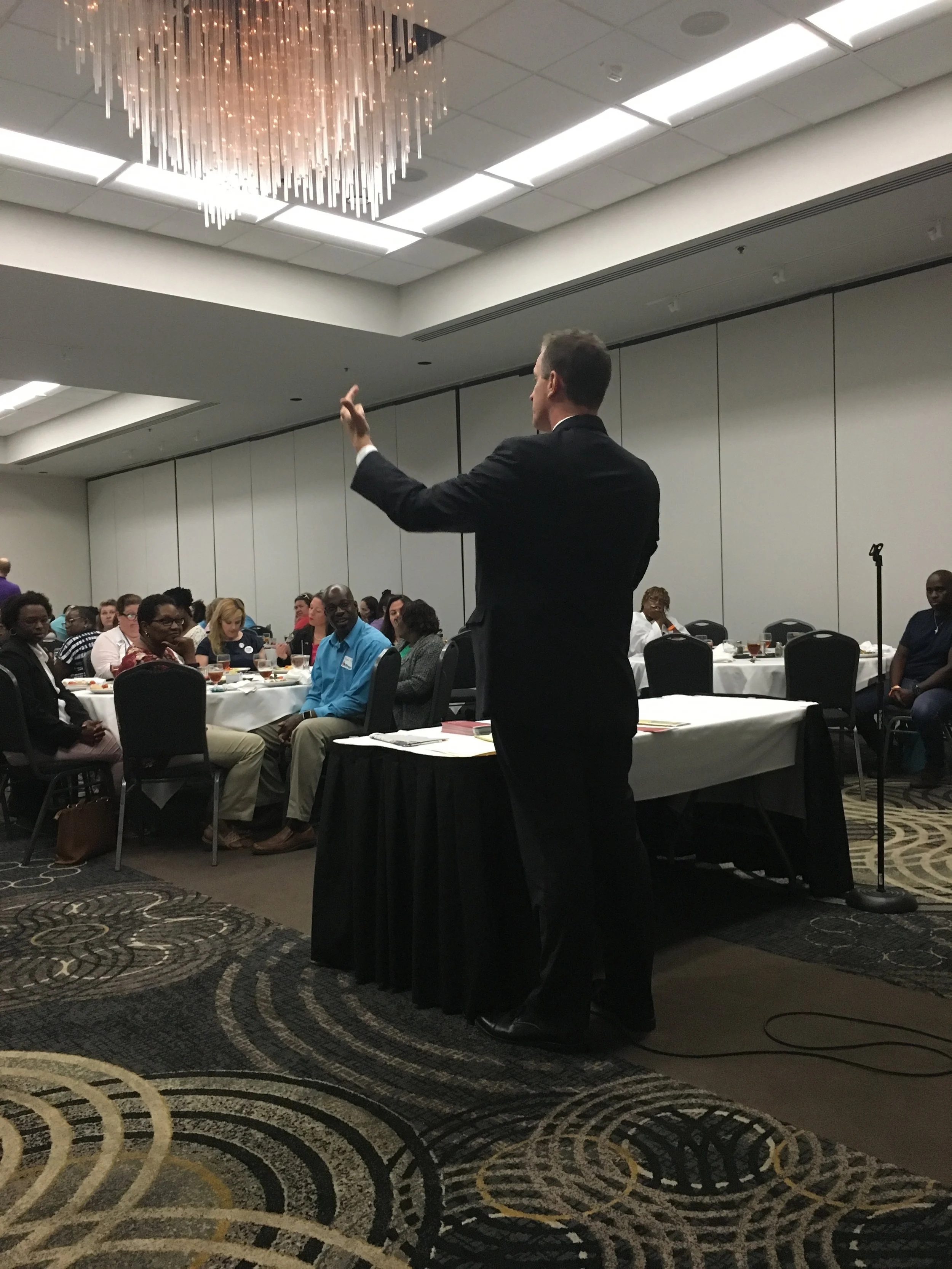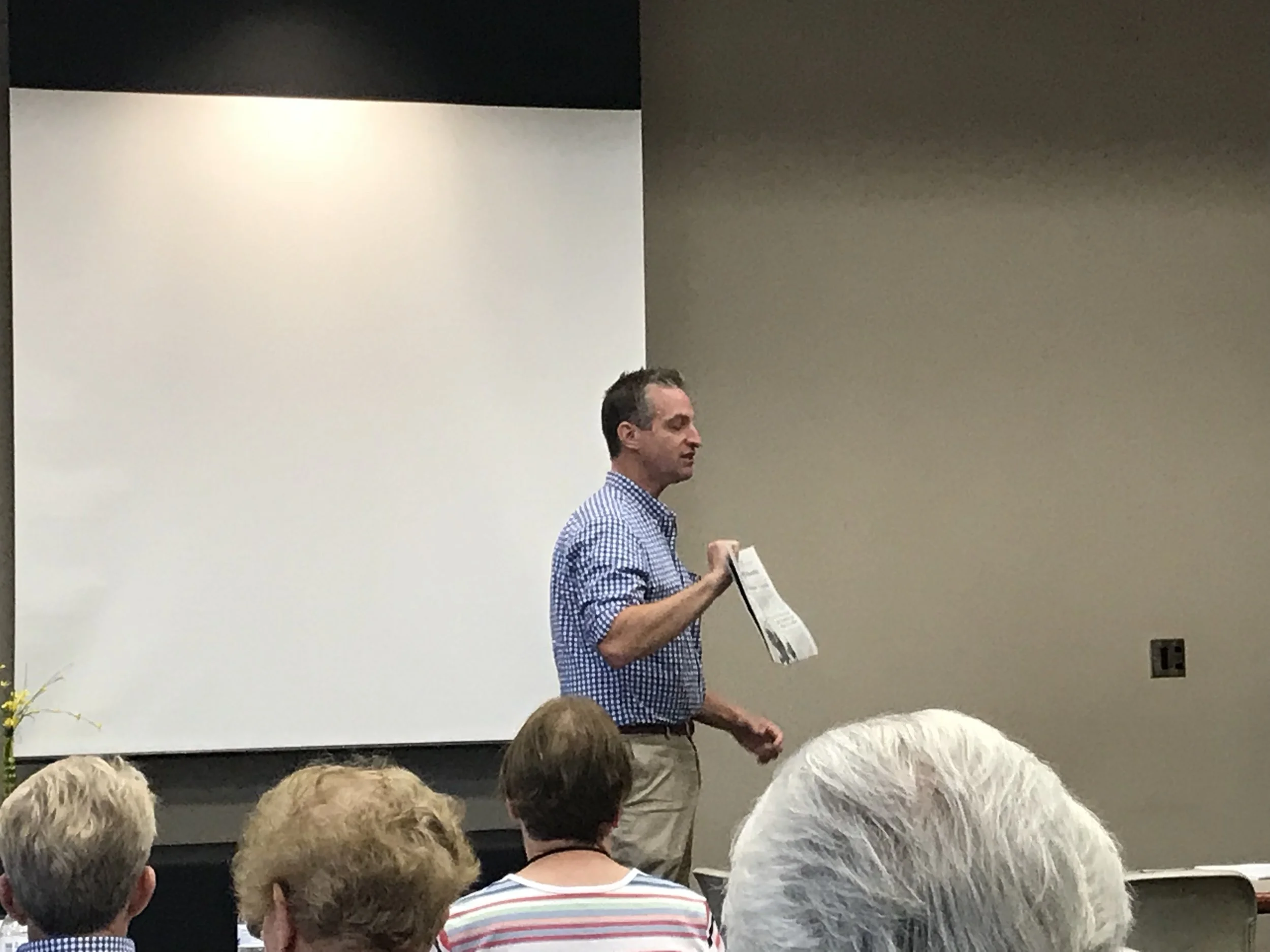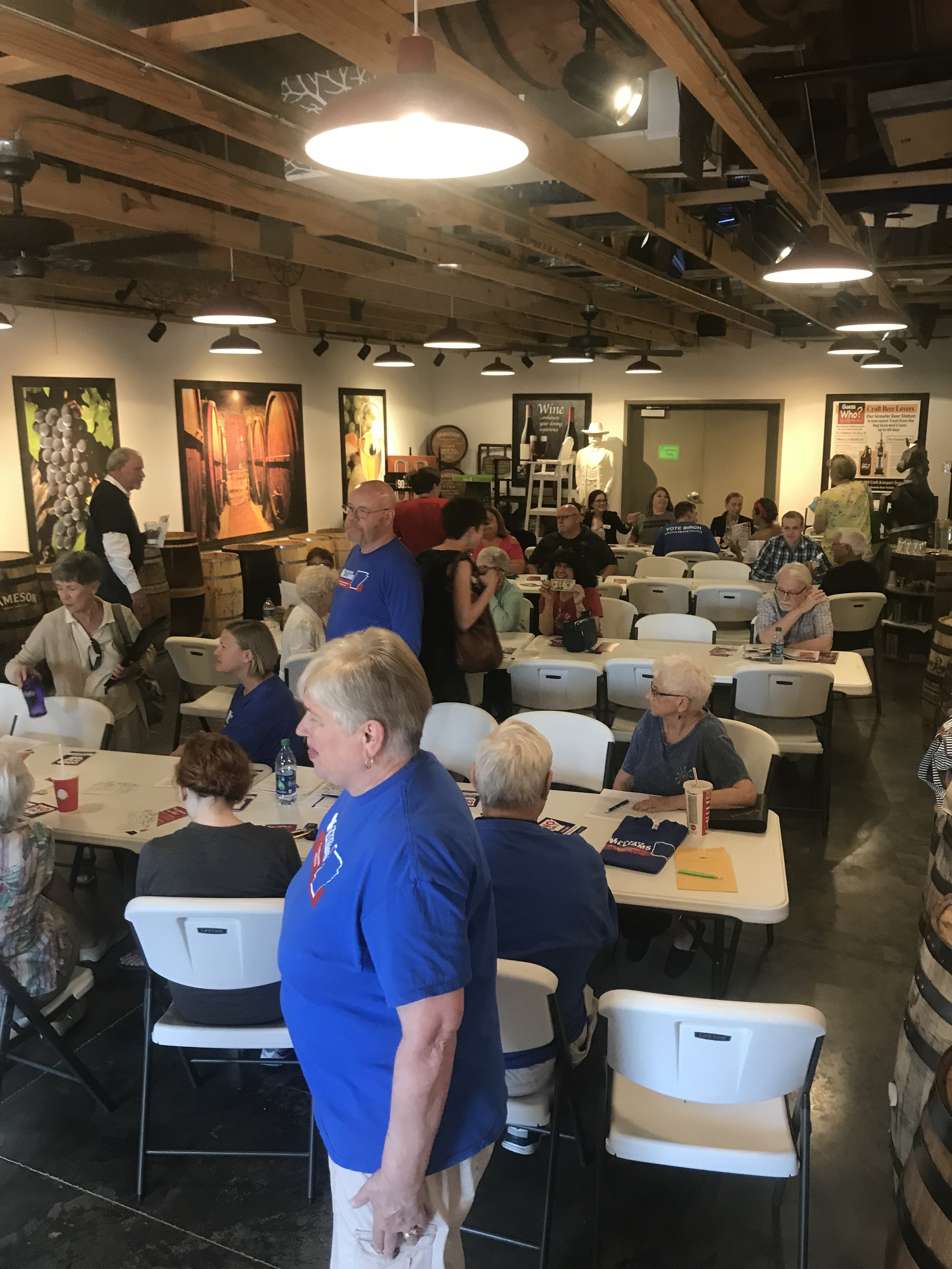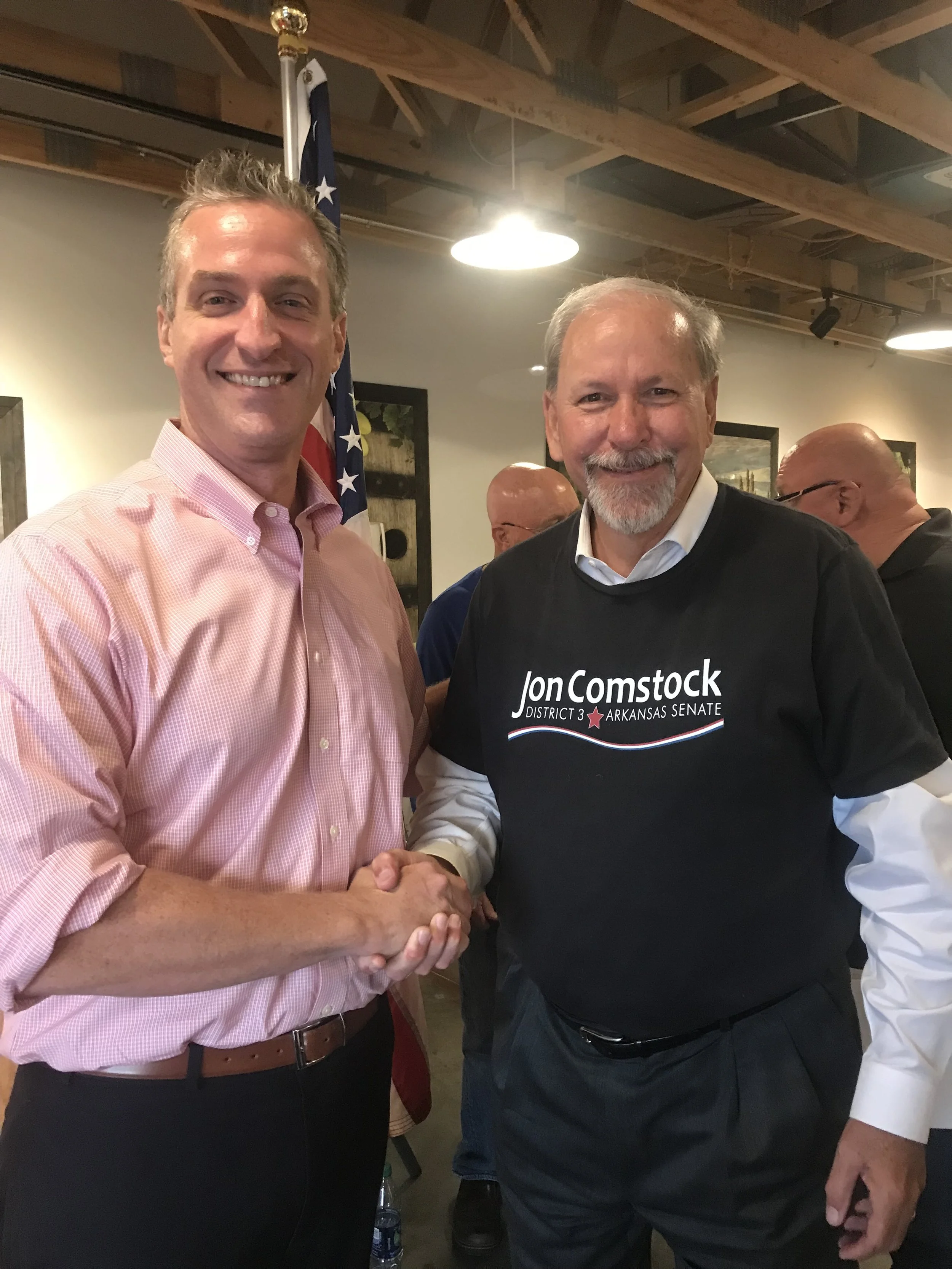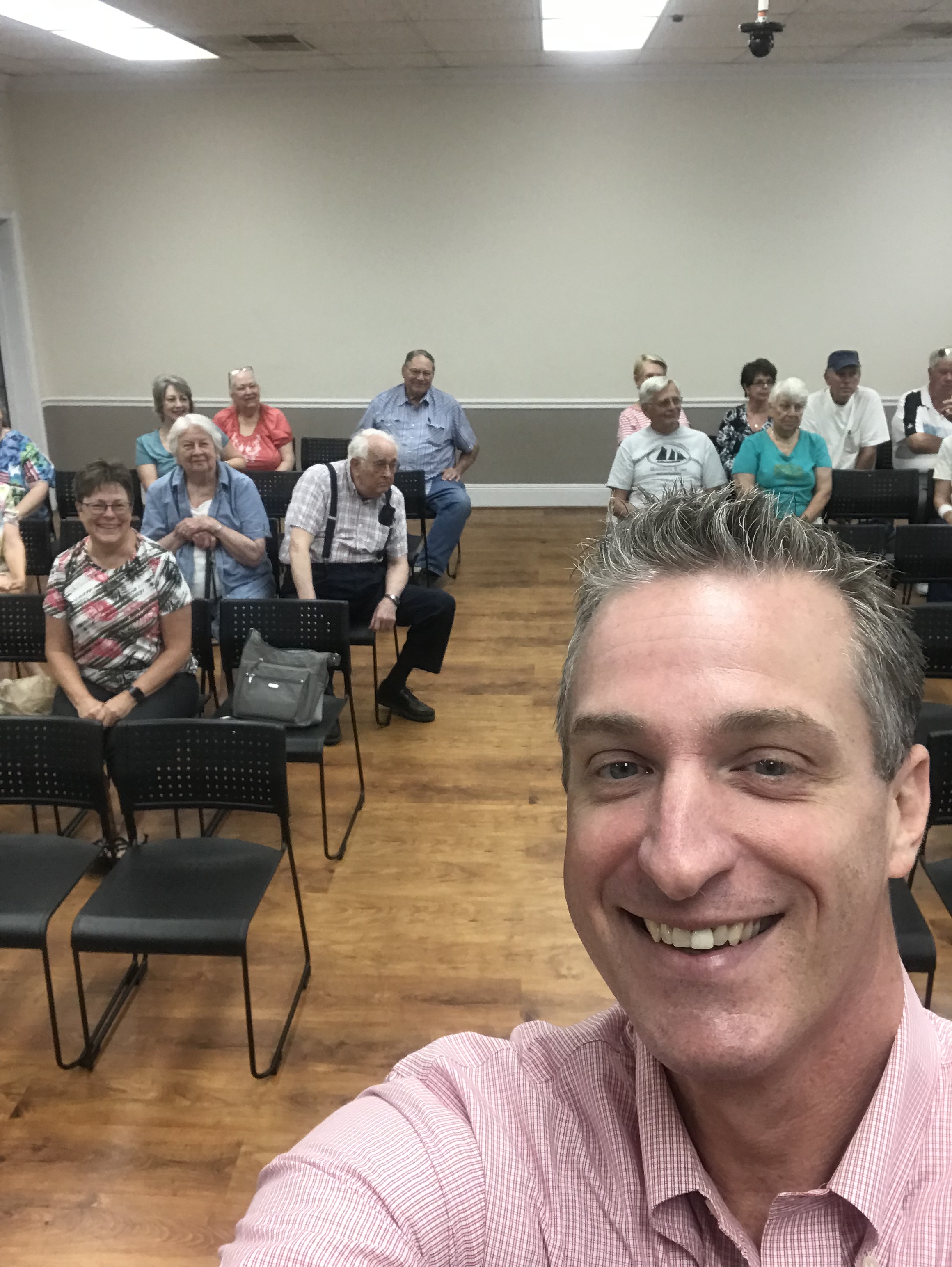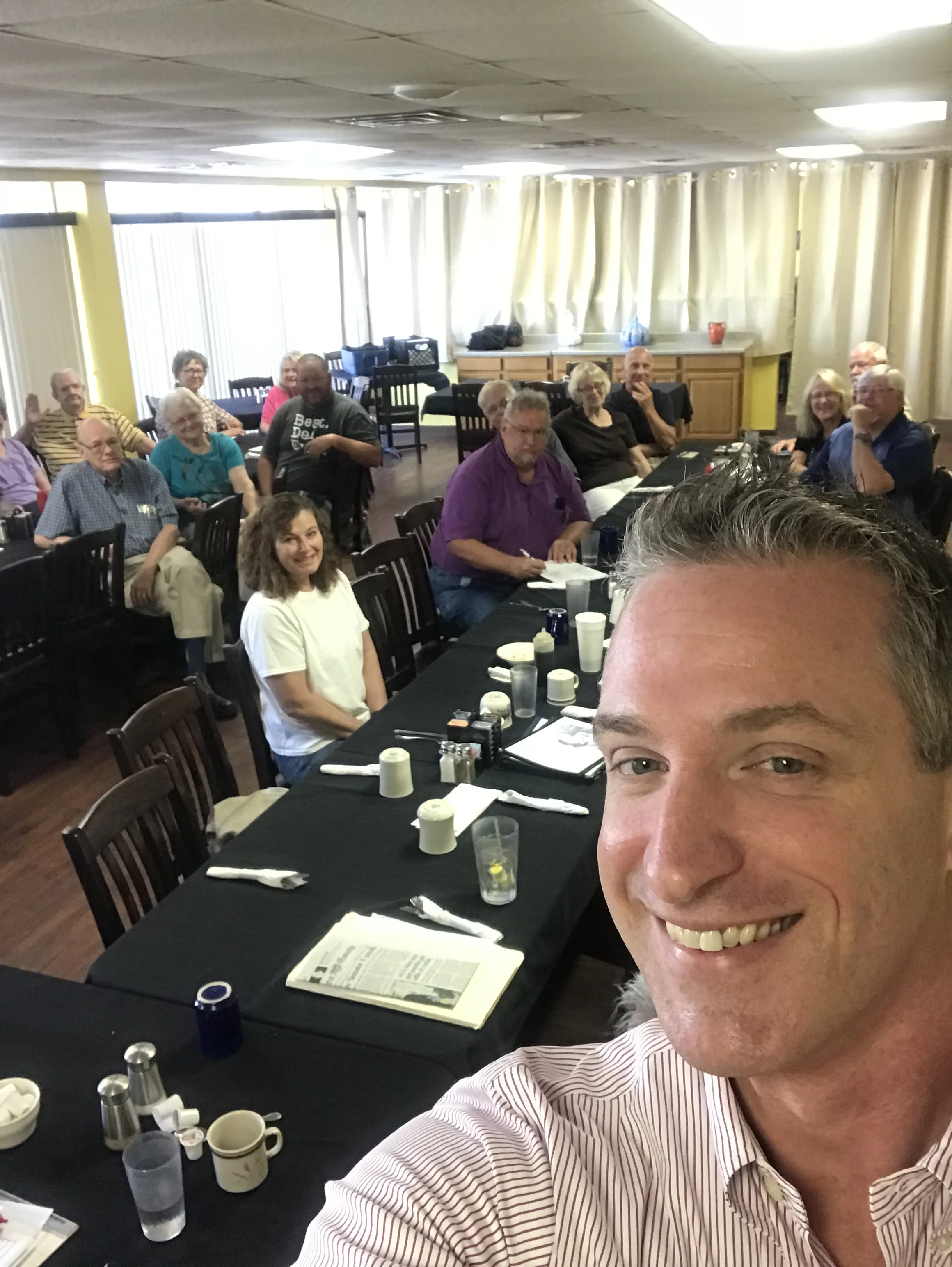Myth: If Arkansas does not pass damage caps, Arkansas risks losing doctors to states that have caps on non-economic damages.
Truth: Caps on damages have no impact on physician supply.
How do we make decisions? Do we use fear or facts? When fear and the emotions related to fear take over our decision making process, facts don’t matter. People who understand human decision making have studied this phenomenon over and over. And the startling truth is that fear trumps facts. Sadly, this truth of human behavior is used by many powerful forces in our world today to manipulate public perceptions to achieve their own goals and desires.
And when it comes to the subject of caps on damages, fear is the number one weapon being used by the medical industry and the insurance companies who profit from it. How do they do it?
First of all, these powerful forces know that the need and desire for healthcare is one of the most important issues to each and every person. When we are sick or injured, we want the best of care, we want it now, and we do not want to go bankrupt in the process of providing that care to our loved ones. Medical care is necessary to our very survival. And there is nothing more fearful than to think that the unexpected moment you or a loved one needs care, it will not be there. It can create a sense of panic to think that the hospital emergency room might be closed, or that there may not be a doctor available.
So, these powerful forces start telling everyone that lawyers and lawsuits are the reason for all of the problems with health care; and in particular, they say that the cost of litigation is closing hospitals and causing doctors to leave the state for states that do have caps on damages. So, if you don’t want your doctor to leave town, you need to agree to cap damages. It really is that simple.
The problem is that there is no truth in these claims. None. These powerful forces are lying to the public and betraying our trust. And why are they doing it? Because they profit when they are not held accountable for their actions that hurt people.
So, let’s look at the facts.
- Three new studies by esteemed academics in the field of medical malpractice research confirm for the first time that “caps” lead to more medical errors, higher health costs and no increase in patient care physicians.
The authors examined physician supply in nine states that enacted capsand compared the data to other states, like Arkansas, that does not have caps. Their research found “no evidence that cap adoption predicts an increase in total patient care physicians, in specialties that face high med mal risk (except plastic surgeons), or in rural physicians.” Specifically:
- “[W]e find no evidence that the adoption of damage caps increased physician supply in nine new-cap states, relative to twenty states.”
- “Consistent with this analysis, we also find no association between med mal claim rates and physician supply in state and county fixed effects regressions over 1995-2011.”
- “Physician supply does not seem elastic to med mal risk. Thus, the states that want to attract more physicians should look elsewhere.”
2. “Does tort reform affect physician supply? Evidence from Texas,” University of Illinois Professor of Law and Medicine David A. Hyman et al., 2015.
The methodology of this study, which controls for every conceivable factor, is so accurate that a national “tort reform” proponent admitted changing his mind about the issue after examining his work.
- A “core argument” behind the “tort reform” campaign was that “Texas was hemorrhaging physicians and limiting lawsuits would stop the bleeding. Consistent with this theme, the core pro-tort-reform lobbying organization was named ‘Texas Association for Patient Access’ (‘TAPA’).
- “[T]he assertion by tort reform proponents that Texas experiences an ‘amazing turnaround’ after suffering an ‘exodus of doctors from 2001 through 2003’ is doubly false. There was neither an exodus before reform nor a dramatic increase after reform.”
- “[T]ort reform did not solve Texas’ physician supply issues.”
- Rural Areas. “[T]here is no evidence that tort reform materially affected the supply of DPC physicians, primary care physicians, high-risk specialists, or physicians practicing in rural areas.”
“Physician supply appears to be primarily driven by factors other than liability risk, including population trends, location of the physician’s residency, job opportunities within the physician’s specialty, lifestyle choices, and demand for medical services, including the extent to which the population is insured.”
3. “The Empirical Effects of Tort Reform,” Cornell University Law School Professor Theodore Eisenberg, 2012.
“If increasing premiums drive exit decisions, then programs alleviating premiums should have effects. But Smits et al. (2009) surveyed all obstetrical care providers in Oregon in 2002 and 2006. Cost of malpractice premiums was the most frequently cited reason for stopping maternity care. An Oregon subsidy program for rural physicians pays 80 percent of the professional liability premium for an ob/gyn and 60 percent of the premium for a family or general practitioner. Receiving a malpractice subsidy was not associated with continuing maternity services by rural physicians. Subsidized physicians were as likely as nonsubsidized physicians to report plans to stop providing maternity care services. And physician concerns in Oregon should be interpreted in light of the NCSC finding, described above, that this was a period of substantial decline of Oregon medical malpractice lawsuit filings.”
4. Dartmouth Medical School Professor of Pediatrics and Health Policy David Goodman, M.D., M.S., 2009.
Goodman is co-investigator of the highly respected Dartmouth Atlas, which analyzes and ranks health care spending and has been the basis of a lot of discussion about why certain areas of the county are so costly. In an email to the Center for Justice & Democracy, he said: “We haven’t explicitly analyzed this, but I agree with the impression that physician supply in general bears no relationship to state tort reform, or lack thereof.”
5. “Young Doctors and Wish Lists: No Weekend Calls, No Beepers,” New York Times, 2004.
“Today’s medical residents, half of them women, are choosing specialties with what experts call a ‘controllable lifestyle.’… What young doctors say they want is that ‘when they finish their shift, they don’t carry a beeper; they’re done,’ said Dr. Gregory W. Rutecki, chairman of medical education at Evanston Northwestern Healthcare, a community hospital affiliated with the Feinberg School of Medicine at Northwestern University… “Lifestyle considerations accounted for 55 percent of a doctor’s choice of specialty in 2002.”
“…income, which accounted for only 9 percent of the weight prospective residents gave in selecting a specialty.”
Remember the great movie, “A Few Good Men” when the prosecuting attorney ended his closing argument with resounding confidence…. “These are the facts; and they are not in dispute” The powerful forces that are behind the current tort reform movement in Arkansas hope you will disregard these facts, or choose to ignore them. These proponents include people who have engaged in bribing a judge to reduce a verdict entered against him by a jury of the community. These powerful forces hope to rely upon fear andignorance. But, as we pull back the curtain, a new set of emotions should take over as we see that the people of Arkansas are being lied to; are being betrayed; and ultimately, if the Amendment passes, thrown under the bus when they or a loved one are injured and the courthouses of this State are no longer available to them for justice. Stand with us.


